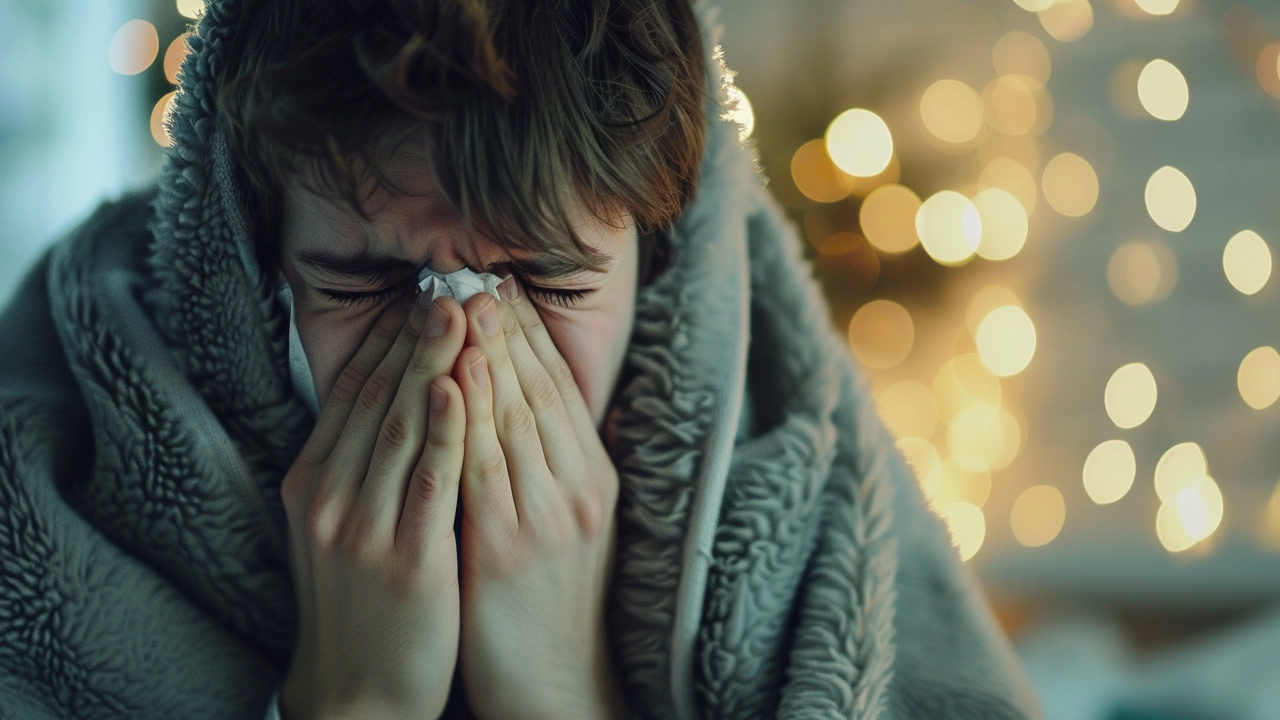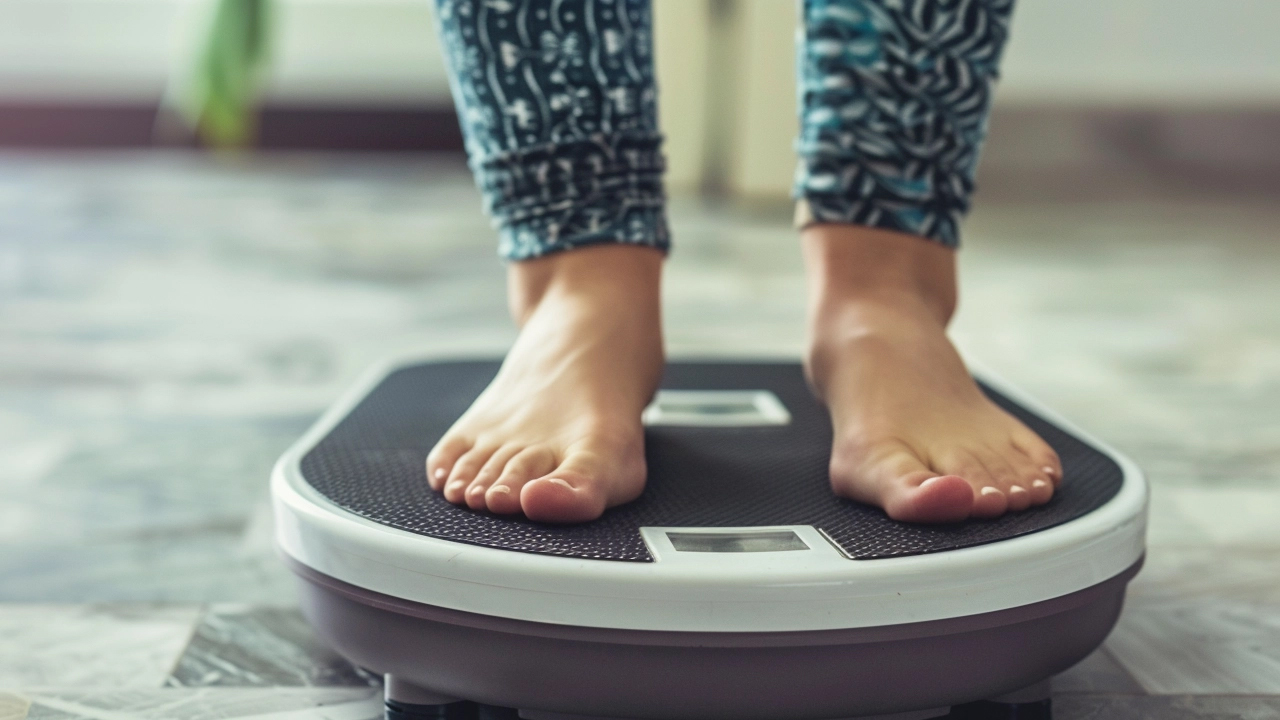Sleep really is critical for our physical and mental health. But have you ever wondered what would happen if you stopped sleeping? I’m not talking about the occasional night where you can’t drop off until 2 am. I mean chronic, long-term lack of sleep. Sleep helps our bodies and minds recharge, repair, and grow. Without it, we would face many terrifying effects that could seriously harm our lives.
From the strange to the dangerous, these 15 effects will make you think twice about skipping your nightly sleep.

When you don’t get enough sleep, your brain doesn’t have the chance to rest and recharge. This can lead to impaired cognitive function, including difficulty concentrating, making decisions, and remembering things. You may feel like you’re in a fog, unable to think clearly or process information effectively. Over time, this can seriously impact your work, school, and personal life.
Weakened Immune System

Sleep is essential for maintaining a healthy immune system. When you don’t get enough sleep, your body’s ability to fight off infections and diseases is compromised. You may find yourself getting sick more often, with colds, flu, and other illnesses taking longer to recover from. In the long term, a weakened immune system can lead to more serious health problems.
Increased Risk of Accidents

Lack of sleep can impair your judgment, reaction time, and coordination, making you more prone to accidents. Whether you’re driving, operating machinery, or simply walking down the street, being sleep-deprived can put you at risk of injury or even death. In fact, drowsy driving is a leading cause of car accidents, responsible for thousands of crashes each year.
Mood Swings and Irritability

Sleep plays a crucial role in regulating your mood and emotions. When you don’t get enough sleep, you may find yourself feeling more irritable, anxious, and short-tempered. You may snap at loved ones, struggle to control your emotions, and feel like you’re on an emotional roller coaster. Over time, this can strain your relationships and impact your overall quality of life.
Weight Gain and Obesity

Believe it or not, lack of sleep can actually cause weight gain and obesity. When you’re sleep-deprived, your body produces more of the hormone ghrelin, which stimulates appetite, and less of the hormone leptin, which suppresses appetite. This can lead to overeating and cravings for high-calorie, high-fat foods. Over time, this can result in significant weight gain and increased risk of obesity-related health problems.
Cardiovascular Disease

Sleep is essential for maintaining a healthy heart. When you don’t get enough sleep, your body produces more of the stress hormone cortisol, which can increase your blood pressure and strain your heart. Over time, this can lead to an increased risk of cardiovascular disease, including heart attacks and strokes. In fact, studies have shown that people who regularly get less than six hours of sleep per night are at a higher risk of developing heart disease.
Diabetes

Lack of sleep can also increase your risk of developing type 2 diabetes. When you don’t get enough sleep, your body becomes less sensitive to insulin, the hormone that regulates blood sugar levels. This can lead to high blood sugar levels and an increased risk of diabetes. In fact, studies have shown that people who regularly get less than six hours of sleep per night are at a higher risk of developing diabetes.
Memory Loss

Sleep is crucial for memory consolidation, the process by which your brain converts short-term memories into long-term ones. When you don’t get enough sleep, your brain doesn’t have the chance to properly store and organize memories, which can lead to memory loss and forgetfulness. Over time, this can seriously impact your ability to learn and retain new information.
Premature Aging

Lack of sleep can also accelerate the aging process, causing your skin to look dull, dry, and wrinkled. When you don’t get enough sleep, your body produces more of the stress hormone cortisol, which can break down collagen, the protein that keeps your skin looking youthful and elastic. Over time, this can lead to premature aging and a host of other skin problems.
Impaired Judgment

Sleep deprivation can impair your judgment and decision-making abilities, leading you to make poor choices and take unnecessary risks. When you’re exhausted, you may be more likely to engage in risky behaviors, such as driving while drowsy, or make impulsive decisions that you later regret. This can have serious consequences for your personal and professional life.
Depression and Anxiety

Lack of sleep can also increase your risk of developing mental health problems, such as depression and anxiety. When you don’t get enough sleep, your body’s production of serotonin, the “happy hormone,” is disrupted, which can lead to feelings of sadness, hopelessness, and anxiety. Over time, this can develop into more serious mental health issues that require professional treatment.
Hallucinations

In extreme cases of sleep deprivation, you may even start to experience hallucinations. When your brain is deprived of the rest it needs, it can start to play tricks on you, causing you to see, hear, or feel things that aren’t really there. This can be a terrifying experience, and can even lead to accidents or injuries if you’re not careful.
Gastrointestinal Problems

Lack of sleep can also wreak havoc on your digestive system, causing a range of gastrointestinal problems such as constipation, diarrhea, and acid reflux. When you don’t get enough sleep, your body’s production of digestive enzymes is disrupted, which can lead to these uncomfortable and sometimes painful symptoms.
Impaired Physical Performance

Lack of sleep can also seriously impact your physical performance, whether you’re an athlete or just trying to stay active. When you’re sleep-deprived, your body doesn’t have the chance to properly repair and recover from physical activity, which can lead to decreased strength, endurance, and coordination. You may find that you tire more easily, struggle to complete your usual workouts, and are more prone to injuries. Over time, this can make it harder to maintain a healthy, active lifestyle and reach your fitness goals.
Increased Risk of Death

Perhaps most terrifying of all, lack of sleep can actually increase your risk of death. Studies have shown that people who regularly get less than six hours of sleep per night have a higher risk of premature death from all causes, including heart disease, stroke, and cancer. In fact, some experts have even called lack of sleep a “public health epidemic” and have emphasized the importance of getting enough sleep for overall health and well-being.
Ellen has been obsessed with logic puzzles, jigsaws, and cryptograms since she was a kid. After learning she was taught how to play chess wrong by a family friend (so they could win), she joined her school chess club and the rest is history.


